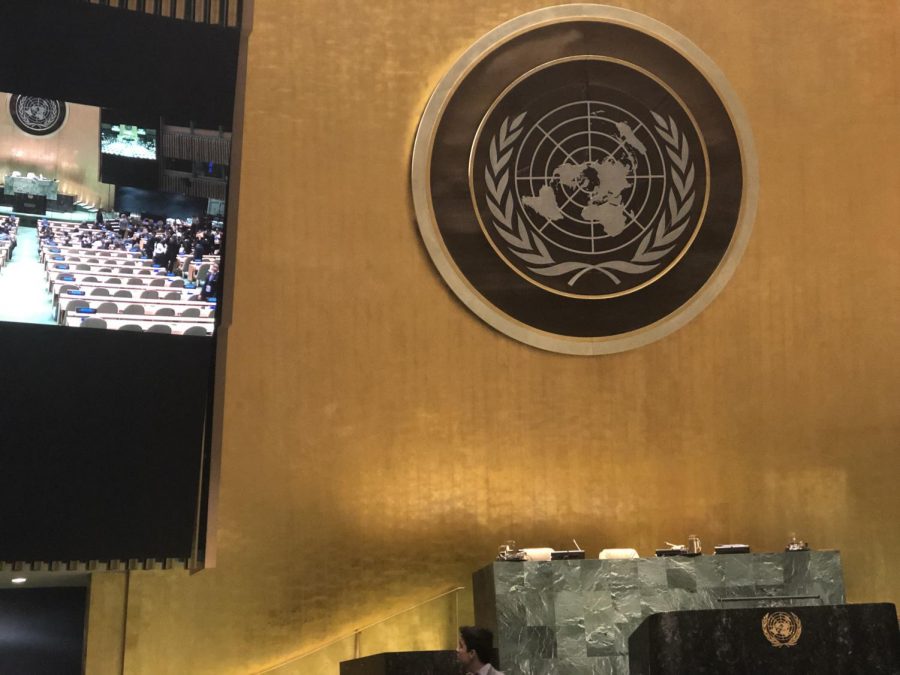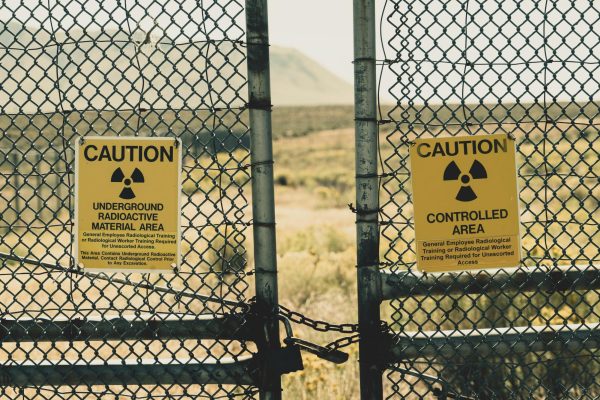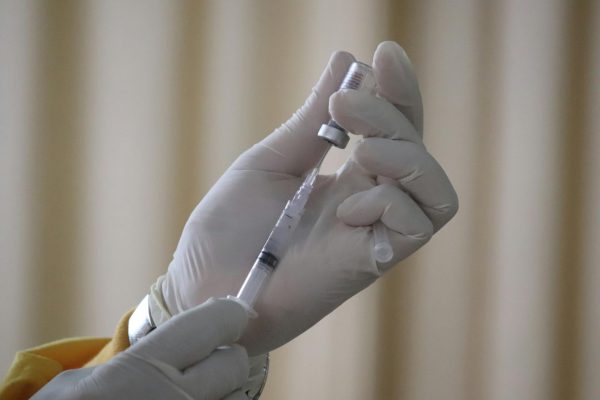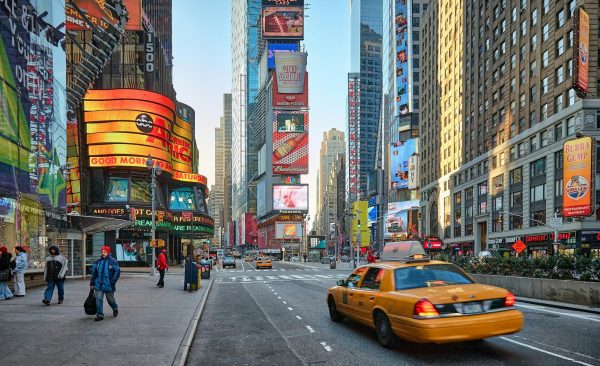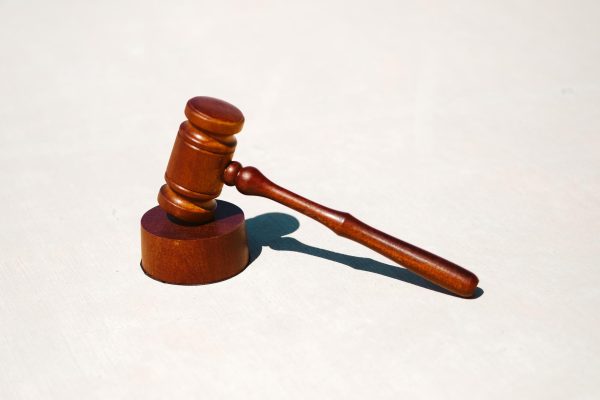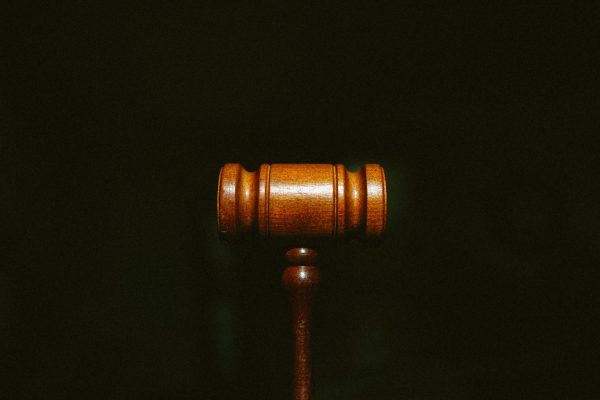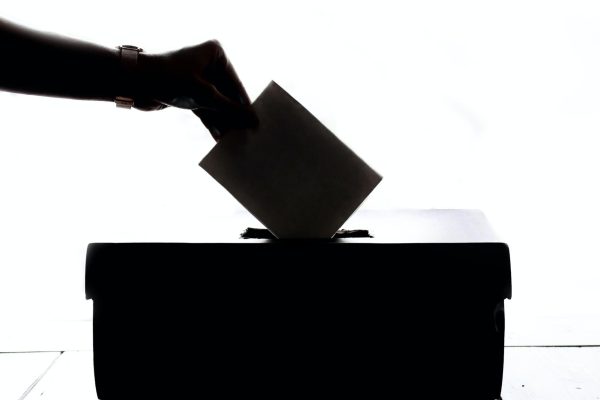UN Holds 75th Annual General Assembly
October 6, 2020
On September 15th, the 75th Annual UN General Assembly began amidst the COVID-19 pandemic. In light of these circumstances, most world leaders pre-recorded their home country’s messages.
A focus of the conference was an immediate and long-term improvement of access to basic services including education, healthcare, sanitation, and water. Specifically, the conference’s focus was to provide global access to healthcare and safe water and sanitation, as shown by the results of a one-minute survey that was given during the UN75.
The conference’s second priority was increasing support for areas most severely impacted by COVID-19 and strengthening global solidarity. Participants discussed boosting employment and reducing poverty & inequalities.
In its third key finding, the conference examined education access and women’s rights. In a report, 52% of respondents voted that access to education would improve—50% of respondents voted that women’s rights will improve 25 years from now.
During the fourth key finding, the topic shifted once more— envisioning future issues that could occur in certain areas where respondents feel things will worsen over time. The connecting focus among these respondents was the future impact of climate change.
Their largest concern—the “most overwhelming medium- and long-term concern,” stated by the UN website about this “key finding”—was humanity’s inability to stop the climate crisis, as well as the destruction of the natural environment.
The fifth key finding prioritized ensuring more respect for human rights: tackling poverty, reducing corruption, and settling conflicts. In a UN75 one-minute survey, better healthcare access, respect for human rights, better education access, and less conflict were in the top four goals with the most votes.
During the assembly, China and the USA dominated the discussion. The two countries lashed out and criticized each other on how they handled the pandemic.
During his speech, President Trump said, “We will distribute a vaccine. We will defeat the virus. We will end the pandemic and we will enter a new era of unprecedented prosperity, cooperation, and peace. As we pursue this bright future, we must hold accountable to the nation, which unleashed this plague onto the world, China.”
Chinese ambassador to the United Nations, Zhang Jun, said, “If we do have anybody accountable, it should be the United States held accountable for losing so many lives with their irresponsible behaviors.”
Some nations’ leaders voiced their own opinions on the opposition that has grown out of the pandemic. President Widodo of Indonesia warned of “division of growing rivalries” over the COVID-19 pandemic. President Duterte of the Philippines pushed for universal access to the vaccine. The two major countries leading the effort, the US and China, stated that they will give vaccines to only political partners and allies.
Macron, the president of France, stated that this rivalry between the economic powers should not dominate the world. Jair Bolsonaro, the president of Brazil, showed his frustrations with the media for politicizing the virus.
António Guterres, the Secretary-General of the United Nations said, “We are working to advance treatments and therapies as a global public good, and backing efforts for a peoples’ vaccine, available and affordable everywhere. We know some countries are reportedly making side deals exclusively for their own populations. Such ‘vaccinationalism’ is not only unfair, it is self-defeating. None of us is safe until all of us are safe.”


